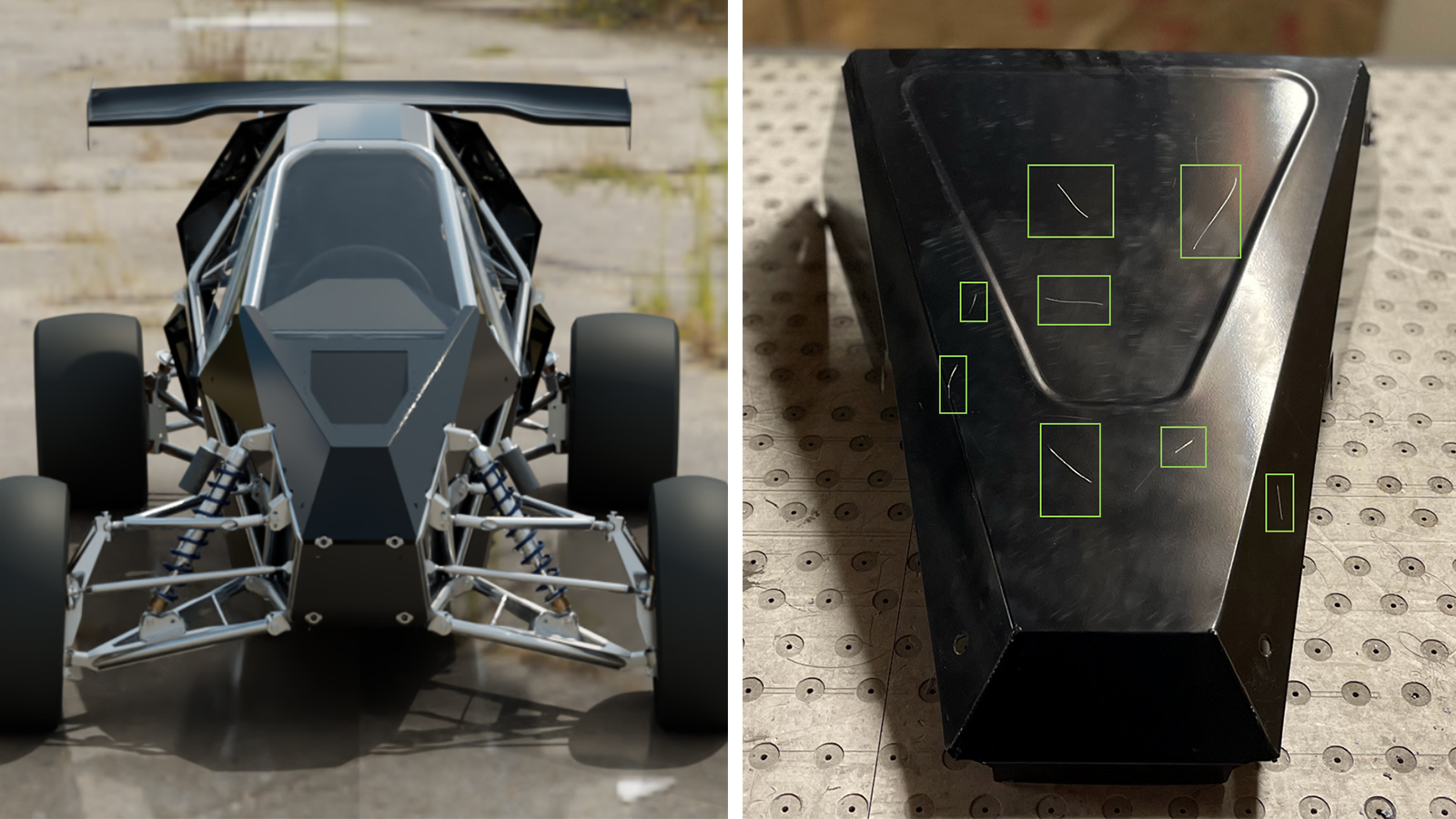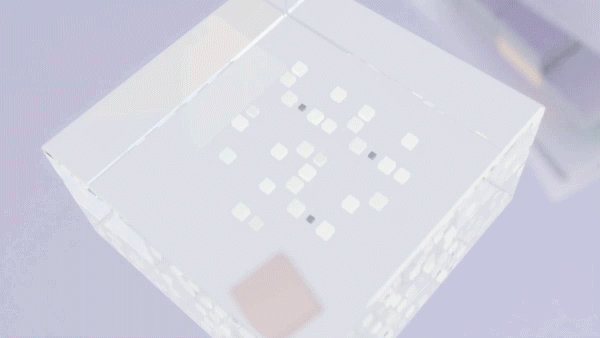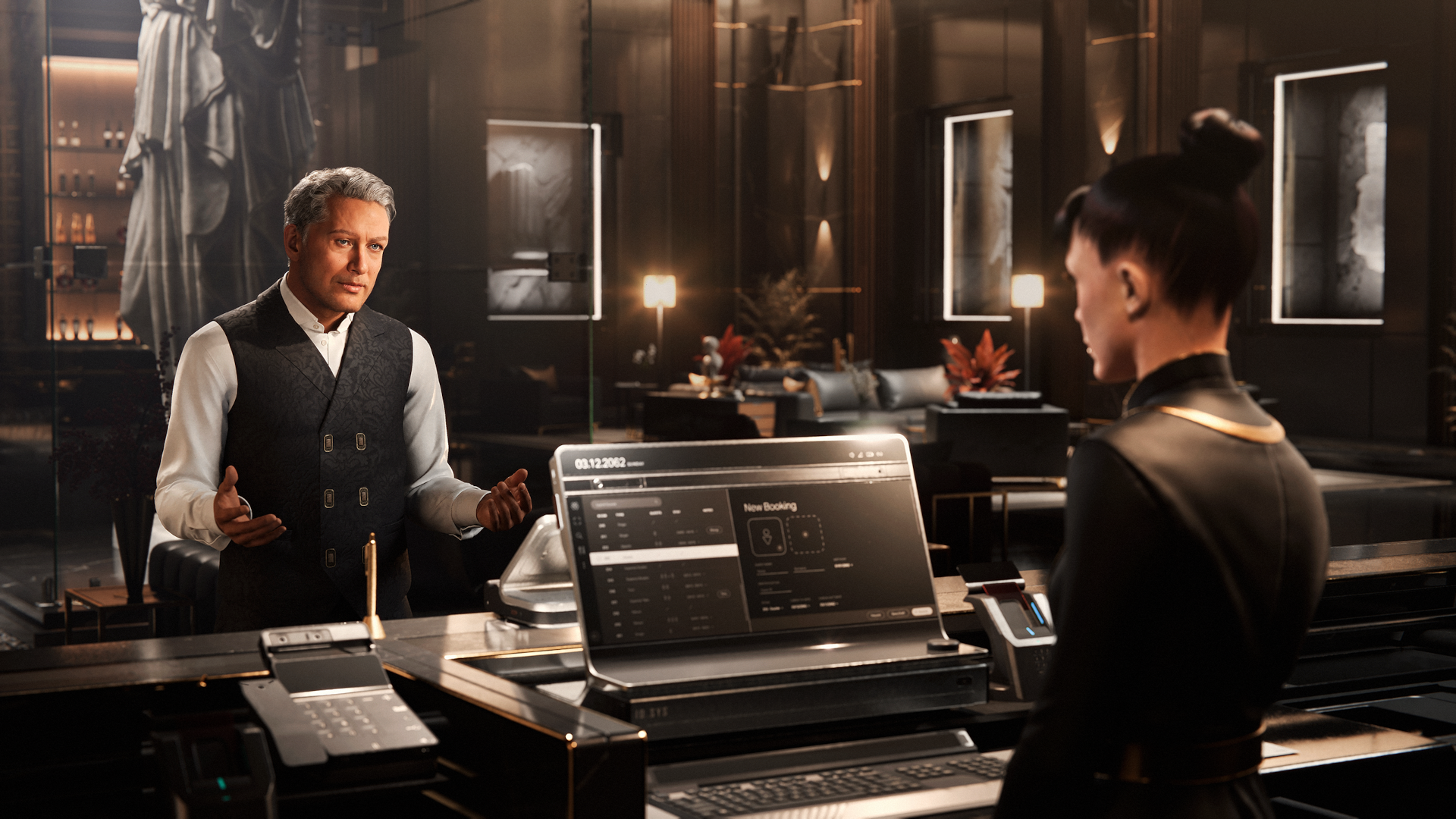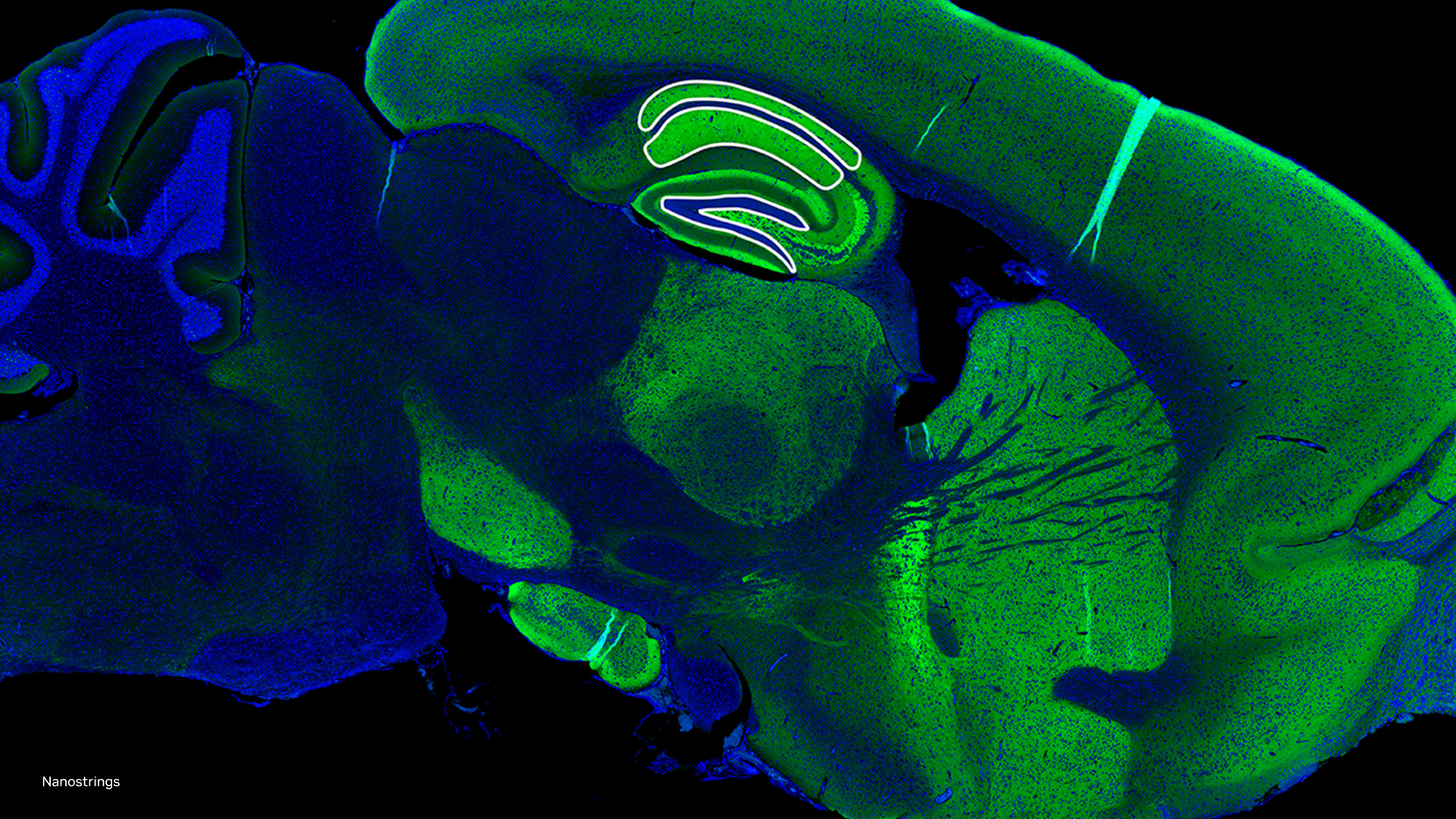NVIDIA GPUs are used to develop the most accurate automated inspection solutions for manufacturing semiconductors, electronics, automotive components, and assemblies. Along with accompanying software tools, GPUs enable efficient training of models for greater accuracy and optimized inference deployment at the edge. These models dramatically improve the accuracy of industrial inspection, resulting in reduced test escapes and increased yield at greater throughput.
The NVIDIA Deep Learning Institute (DLI) is offering an instructor-led class about training, accelerating, and optimizing a defect detection classifier.
You will start by exploring key challenges around industrial inspection, and problem formulation along with data curation, exploration, and formatting.
Then you will learn about the fundamentals of transfer learning, online augmentation, modeling, and fine-tuning.
By the end of the workshop, you’ll be familiar with the key concepts of optimized inference, performance assessment, and interpretation of deep learning models.
By participating in this workshop, you will learn how to:
- Formulate an industrial inspection case study and curate datasets generated by automated optical inspection (AOI) machines.
- Deal with the logistics and challenges of data handling in an industrial inspection workflow.
- Extract meaningful insights from our dataset using pandas DataFrame and NumPy library.
- Apply transfer learning to a deep learning classification model (Inception v3).
- Fine-tune the deep learning model and set up evaluation metrics.
- Optimize the trained Inception v3 model on an NVIDIA V100 Tensor Core GPU using NVIDIA TensorRT™ 5.
- Experiment with FP16 half-precision fast inferencing with the V100’s Tensor Cores.
You will have access to a GPU-accelerated server in the cloud and earn an NVIDIA DLI certificate to demonstrate subject-matter competency and accelerate your career growth.
This workshop will be offered twice to accommodate both CEST and PDT timezones on:
Tue, Sept. 21, 2021, 9 am–5 pm, CEST/EMEA, UTC+2
Tue, Sept. 21, 2021, 9 am–5 pm, PDT, UTC-7
Register now, space is limited!
- Learn more about NVIDIA DLI and request this workshop for your organization >>
- Watch this short video of the NVIDIA DLI remote Instructor-led training experience >>
- Visit the NVIDIA DLI homepage for a full list of online and instructor-led training>>










